Africa inspires African-Americans to travel back to the motherland. At the same time, some African immigrants are moving back to the United States.
According to the United Nations, there are about 200 million people in the Americas who identify as having African heritage. Millions more people reside outside the African continent, and they frequently encounter racism and discrimination.
Become an insider. Subscribe to our newsletter for more top trending stories like this!
The World Population Review states that the United States has the highest rate of incarceration in the entire world. The US is also ranked 69th for racial equality and 65th regarding safety.
At the height of the American civil rights movement, the phenomenon of black Americans emigrating to Africa began. Years later, a growing number of African Americans are traveling to Africa and using genetic testing to identify their origins by ethnicity and tribe.
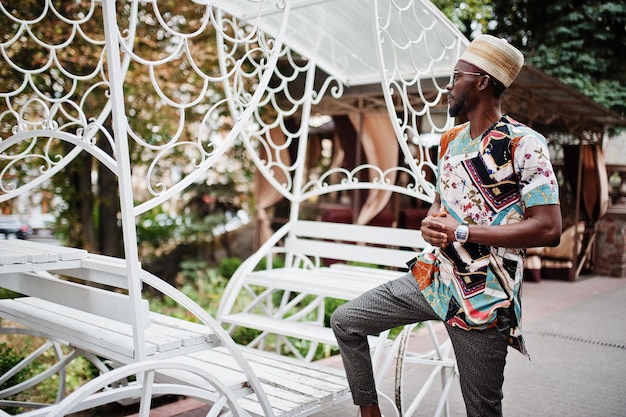
Due to the fact that Ghana has preserved one of the greatest slave-holding ports on the West Coast of Africa, it maintains a special place in the lives of African-Americans. According to estimates from 2014, Ghana, a nation of over 26 million people, is home to more than 3,000 African-Americans and persons of Caribbean origin.
Some people decide to look outside of Ghana and West Africa and settle in East Africa. These African Americans living in Africa have so far mostly resided in Rwanda and Tanzania. However, for African Americans relocating to Africa, Ghana continues to be the main attraction.
Below, I highlight 10 black Americans living in Africa and what life is like for them.
10 black Americans living in Africa
Naima Bowe-Woods
When the world was still struggling with the effects of Covid-19 in the year 202I, Naima moved to Tanzania with her three children and her mother. She never traveled to Africa before relocating to Tanzania. She may have trusted in her instincts and the willingness of the nation to grant her a place to live.
Tanzania opened its flights and borders to foreign travelers during the height of the pandemic, which encouraged Naima to move to this lovely nation.
She has friends who choose to relocate, instead, to Ghana.
Within six months of relocating, Naima opened and shares ownership of a hair salon in a middle-class neighborhood in Dar es Salaam. On the other side, her mother oversees a number of charitable organizations, including Mheco Daycare, a nonprofit educational facility.
Children in childcare receive free, high-quality education from kindergarten through primary school. In Bunju, Dar es Salaam, it also provides for street kids, HIV/AIDS patients, and orphans.
Yeleyeni Songsore
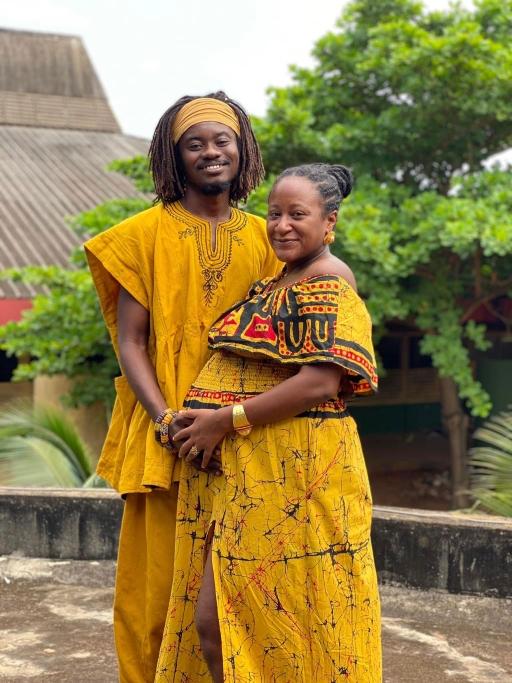
Yeleyeni began considering her options for moving after a string of fatal instances of police brutality against black Americans in the previous ten years. She’s a poet and a writer.
She moved to Africa and is now residing in the little town of Tutu in southern Ghana. Yeleyeni, who was born and raised in Baltimore, Maryland, has moved permanently to Ghana and changed her name to reflect her new country of residence.
Citizens from Northern Ghana, among whom Yeleyeni found herself, gave her her new name, Yeleyeni, meaning “Speak once.” The meaning lays emphasis on the importance of being brief and proverbial and on the credibility one holds when one speaks.
Yeleyeni did not just find a new home in Ghana; she found love too.
She has been living in Ghana for over a decade and works remotely for a company in Ghana as an administrative assistant.
Yeleyeni acknowledges that Africa faces challenges related to its past, but that cooperation towards a bigger picture is conceivable. The goal is for black Americans to travel to Africa so they can live freely, independently, and in control of their own lives.
Yeleyeni is also confident that should more Black Americans migrate to African nations like Ghana, it would hasten the growth of the continent.
Tim Ford
Tim relocated to Tanzania during the height of racial hostility in the US so that his family would be protected. He did it for his family, as opposed to others who did it for themselves.
Tim and his wife Chavon moved from Memphis, Tennessee, to Tanzania because they thought it would be a good place to settle down and build a new life without constantly having to be on the lookout for themselves because of his skin tone.
Tim, a YouTuber, entrepreneur, and herbalist, explains that what first attracted him to Tanzania were the joyful people he saw on the streets and the friendly people who welcomed him and his family. His perception that “Africans don’t like African-Americans” was altered by that experience.
Through the teachings and knowledge he disseminates on his YouTube channel, Tim is assisting other black Americans in settling in Tanzania. Additionally, he provides locals with children’s entertainment, raffle prizes, food and dessert sellers, and other goods along with the music.
These programs offer a venue for networking with like-minded individuals as well as with other African Americans relocating to Africa. But everything is not as happy-go-lucky, cuddling, and singing Kumbaya.
Ford and his wife, Chavon, are, however, appreciative when they consider other elements of their lives. For instance, it has been simple to adjust to the diet and the climate. Even though they admit it can be a little too hot at times, they rank the weather at the top of their list of favorites since it is ideal for going to the beach.
Muhammida el-Muhajir
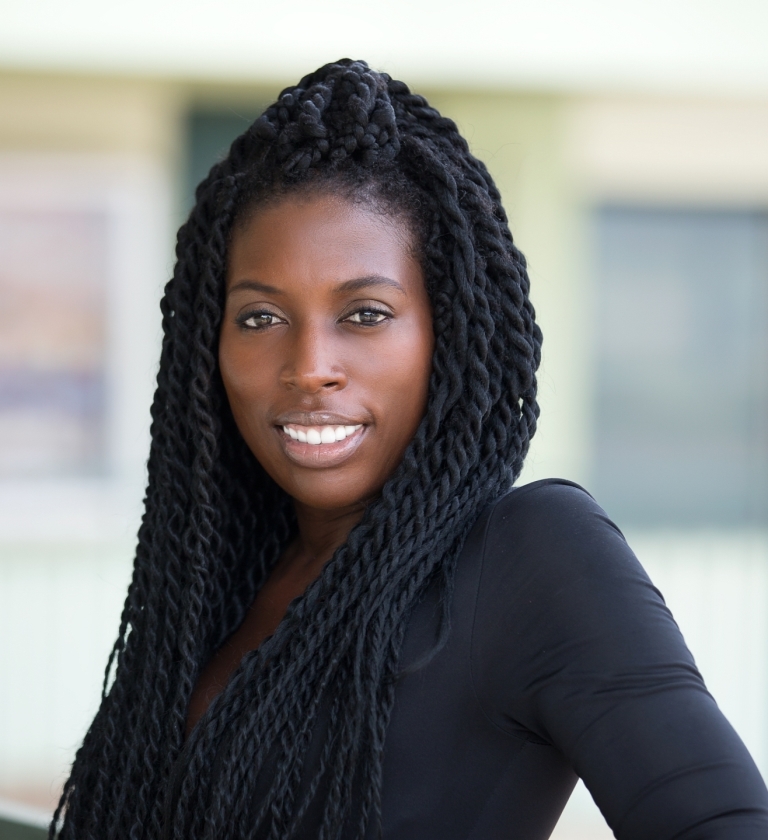
She is a former New York City resident and digital marketer who relocated to Accra.
She moved to Ghana because she felt she was treated like a second-class citizen despite her education and experience. Her decision to relocate gave her the chance to realize her potential and evade racial violence.
Relocating to Ghana reminds her of Howard, the black university she once attended where she felt at home.
Her first connection with the continent was through Kenya, where she was on a visit with a group of teenagers. Muhammida was one of the two black kids. She felt at ease even as a child.
Become an insider. Subscribe to our newsletter for more top trending stories like this!
Muhammida came back, this time to Ghana, to study for a graduate degree in 2003. She moved to Ghana permanently in 2014.
Although she has ties with Senegal and the Gambia, she believes anywhere in Africa could be home. She found her home in Ghana and hasn’t turned back since.
Mawiyah Kambon
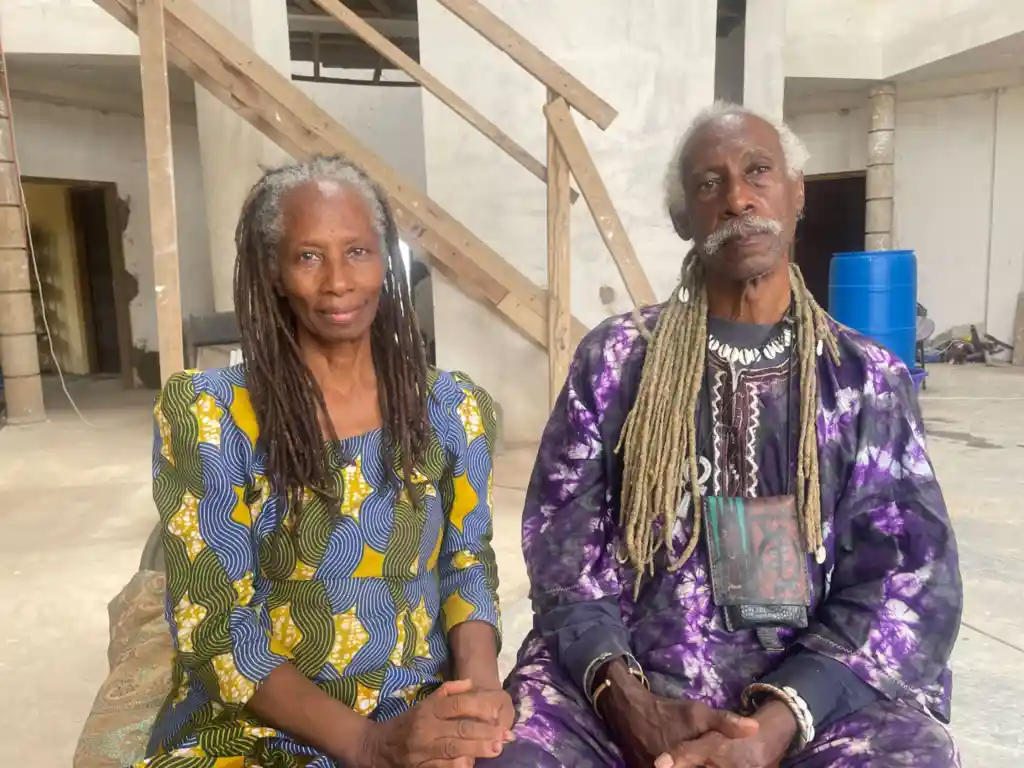
Mawiyah and her husband relocated to Ghana from North Carolina approximately a year ago to establish themselves there permanently. She admits that Ghana has problems with corruption and ethnic prejudice, but she noticed that black people were going about their daily lives everywhere she glanced.
Unlike other black Americans living in Africa, her intention to relocate was intentional. n the 1970s, Mawiyah traveled on her own a couple of times to Ghana. She thinks that the fact that many Black Americans living in Africa , like herself, have relocated, is a clear indication to the United States that things are changing.
Join our Spotcovery Global Black Community Facebook Group for early access to exclusive content and share in a lively discussion.
Kwaku Asantu Maroon Asare
He resides in a one-bedroom home that is the only one in its neighborhood atop a hill close to the town of Akuapem-Mampong in southern Ghana.
Kwaku, a citizen of the United States, moved permanently to Ghana more than a year ago after a white police officer in Minnesota murdered a black guy named George Floyd, He then decided to move to Ghana.
He is one of the many black Americans who responded to Ghana’s appeal for members of the African diaspora to come back. Ghana’s “Year of Return” campaign in 2019 commemorated the 400 years that had passed since the first ship transporting slaves from Africa arrived in Virginia.
Since then, he has observed a significant welcoming spirit in Ghana, where he felt an immediate sense of familiarity with the populace.
Kwaku’s journey to settle in Africa started years ago when he discovered his ancestors were from Nigeria and Ghana through the DNA test 23andMe. Kwaku has found employment in Ghana as an entrepreneur, selling Ghanaian goods to customers in the US.
Read also: 10 African American Celebrities Going Back to Africa
Jerome Thompson
Originally from Maryland in the US, Mr. Thompson retired to Ghana 19 years ago. In 2000, he made his first trip to the West African nation and instantly fell in love with Ghana and its people.
He visited many tourist destinations during that journey, including the Cape Coast Castle, where countless Africans entered slave ships through the famed “Door of No Return” centuries ago on their way to the Americas and the Caribbean, never to return to their native continent.
The sign that currently stands on that iconic door, however, reads: “Door of Return” for their descendants, like Mr. Thompson. Thompson lives in Ningo Prampram, on the shores of the South Atlantic Ocean.
Although his house is closer to the salty beach, Thompson says the ocean helps him to fall asleep and wakes up in the morning. He enjoys his new home and the peace and quiet that the beach provides. Elsewhere, living along the ocean could have cost him millions of dollars.
Claudette Chamberlain
Although she was born in Jamaica, Claudette spent much of her life in the US and the UK. She relocated to Ghana 15 years ago and constructed a five-bed guesthouse in Ningo siblings, who still reside there. She’s made the decision to spend the rest of her days here. Claudette stressed that Ghana’s tranquil atmosphere was a factor in her decision to move there.
Jessy Bernard
American expat Jessy Bernard relocated from Miami to Ghana to realize a lifetime dream of living in Africa. She relocated to Ghana after living in South Africa and serving with the Peace Corps in rural communities.
Jessy resides in Accra, Ghana’s capital. She is content with her choice despite the occasional power and water outages in her flat because of the freedom she obtained in Ghana.
Black people in the USA are three times more likely to die in an interaction with the police, and the FBI reports that racially motivated attacks are at an all-time high. According to Pfizer, because of underlying socioeconomic conditions, black Americans are also 50% less likely to receive mental health treatment and 20% more likely to experience psychological discomfort.
Jessy is content with the peace she experiences in Ghana on a daily basis.
Deijha Gordon
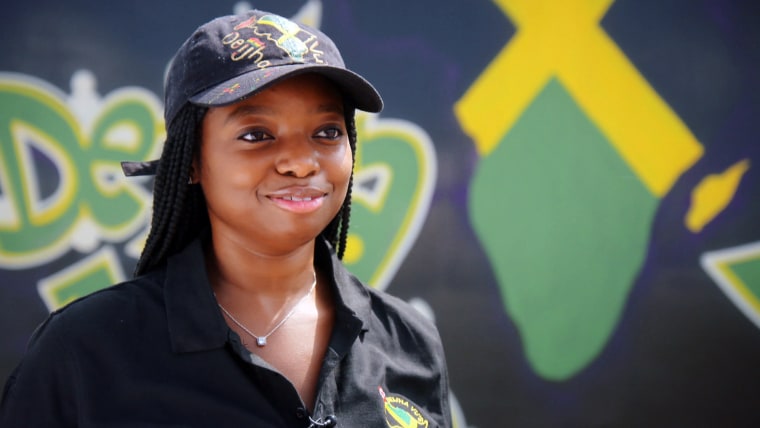
Deijha Gordon grew up in New York. Her maternal grandfather is Jamaican, while her father is Guyanese. In 2014, Deijha visited Ghana for the first time on vacation and fell in love with it right away.
A few months later, she relocated to Ghana, where she operated a Jamaican jerk food truck. Setting up her food business was challenging at the onset, as she had to design and build the truck and train her staff. Deijha believes the risk was worth it because living with people who look like her is freeing enough.
She is happy with her decision to be amongst the black Americans living in Africa because Ghanaians are very friendly and make her feel like she belongs. Deijha is convinced that a growing relationship, powered by history, has the power to alter the course of events.
Read Also: 13 Best Safaris in Africa That African Travelers Should Experience
Nearly 80% of consumers turn to directories with reviews to find a local business. List your business for free in our exclusive Spotcovery Black-Owned Business Directory.
Become an insider. Subscribe to our newsletter for more top trending stories like this!




